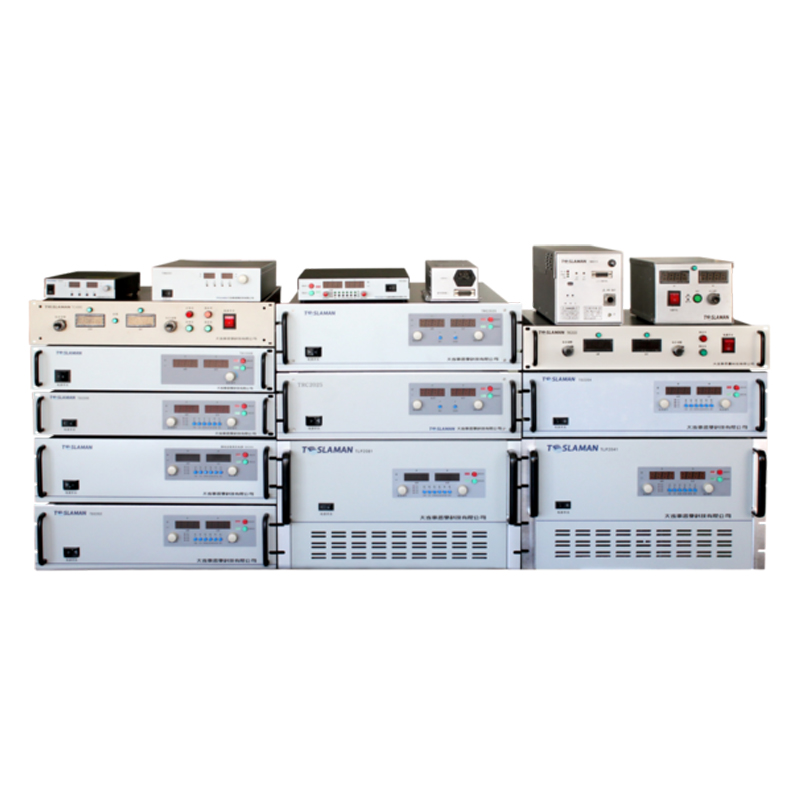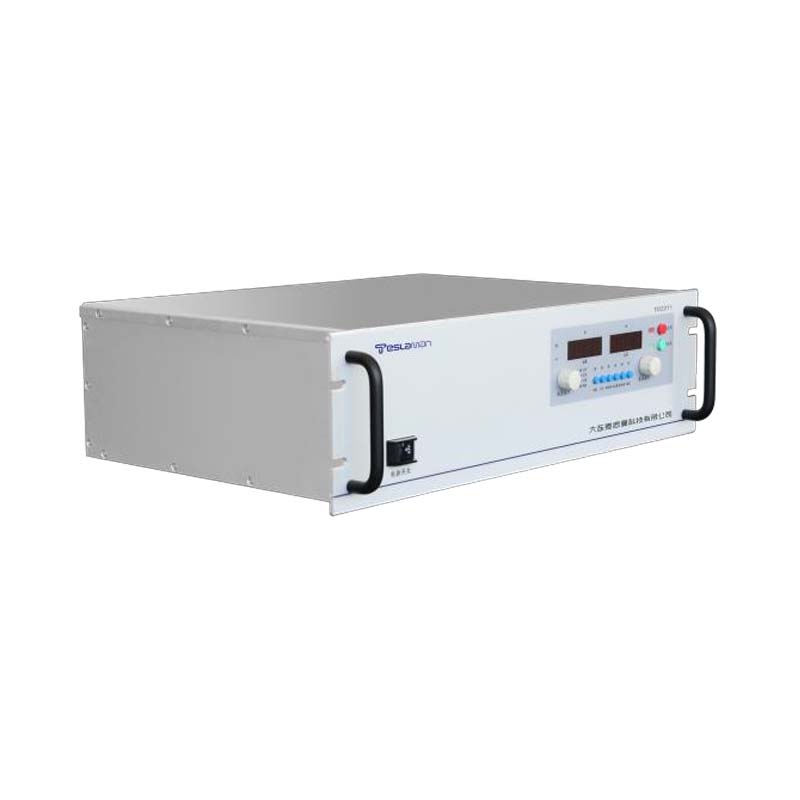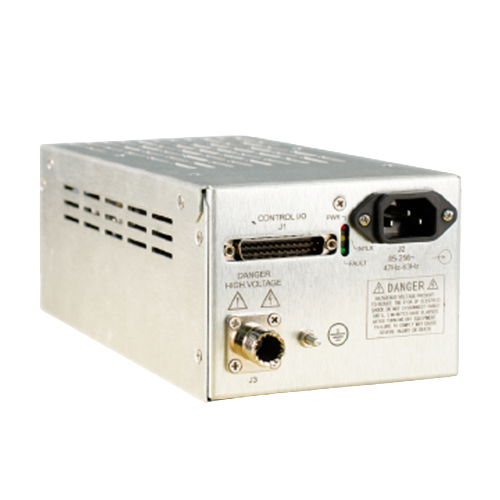Application of High Voltage Power Supply in Capillary Electrophoresis
**Introduction**
Capillary Electrophoresis (CE) is an efficient separation and analysis technique widely used in fields such as biochemistry, pharmaceuticals, environmental science, and food science. This technique utilizes the differential migration of charged particles in a capillary under the influence of an electric field, allowing for the separation and quantitative analysis of complex mixtures. High voltage power supplies play a critical role in capillary electrophoresis by providing the necessary electric field strength to drive sample migration and influence separation efficiency. This article explores the application of high voltage power supplies in capillary electrophoresis, their roles, and their significance in the analytical process.
**Principles of Capillary Electrophoresis**
Capillary electrophoresis separates complex mixtures by exploiting the differential migration of charged particles under the influence of an electric field. Inside the capillary, samples typically consist of charged ions, proteins, DNA, or small molecules. By applying a high voltage across the capillary's two ends, charged particles migrate at varying speeds, resulting in the separation of individual peaks. The speed and efficiency of separation are influenced by the electric field strength, which is made possible by the high voltage power supply.
**Roles of High Voltage Power Supplies**
High voltage power supplies play pivotal roles in capillary electrophoresis, including:
1. **Provision of Electric Field Strength**: High voltage power supplies offer the necessary electric field strength to propel charged particles through the capillary. Higher electric field strength accelerates the separation process, reduces analysis time, and enhances separation efficiency.
2. **Precise Voltage Control**: High voltage power supplies typically provide precise voltage control, allowing adjustments to maintain the desired electric field strength. This precision is crucial for quantitative analysis, particularly in determining sample concentrations.
3. **Control and Stability**: High voltage power supplies must deliver a stable electric field to ensure the stability and reproducibility of separation peaks. Any field fluctuations can lead to inaccurate analysis.
4. **Versatility**: High voltage power supplies should be adaptable to various types of capillary electrophoresis, including capillary-to-capillary electrophoresis, gel electrophoresis, isoelectric focusing, and more.
**Applications**
High voltage power supplies find widespread applications in capillary electrophoresis, encompassing but not limited to the following fields:
1. **Biochemistry**: Used for the analysis of proteins and nucleic acids, including protein separation, DNA sequencing, and gene analysis.
2. **Pharmaceuticals**: Employed for drug analysis and quality control to ensure the composition and purity of pharmaceuticals.
3. **Environmental Science**: Utilized to monitor and analyze organic and inorganic pollutants in environmental samples.
4. **Food Science**: Applied for the analysis of food components, including food additives and nutritional constituents.
5. **Chemical Analysis**: Used for the analysis and quality control of complex mixtures.
**Conclusion**
High voltage power supplies are indispensable in capillary electrophoresis, as they provide the essential electric field strength for driving sample separation and analysis. Their precision, stability, and controllability are crucial for the success of capillary electrophoresis. As technology continues to advance, high voltage power supplies will continue to drive the application of capillary electrophoresis in various scientific fields, offering more possibilities for analysis and research.




















